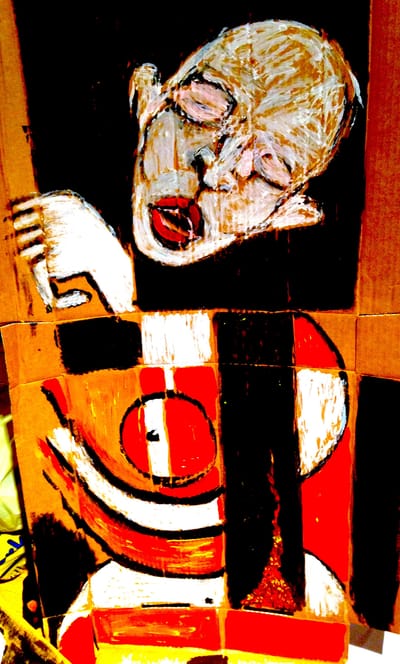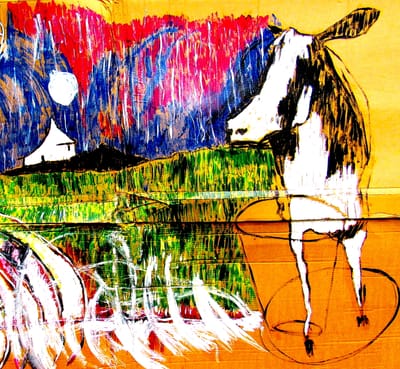Articles #Philosophy of biology
The short answer is that cancer is a very complex disease; we should not expect a science that investigates this complex disease to come up with a simple, unified theory or model that explains all there is to explain. Cancer is massively heterogeneous - both in its causes and dynamics, as well as in responses to therapy, progression, etc. This is illuminated by the fact that when I tell cancer scientists that I wrote a book on cancer, they typically ask me which kind of cancer (e.g., breast, bone, lung, etc.). No cancer scientist thinks that one should (or could) write a single book on cancer (in general). Continuing the End Times series, Richard Marshall interviews Anya Plutynski
Read MoreSome, particularly those influenced by Foucault in the world of disability studies, go further and suggest that eugenics itself created and structured our concept of normalcy during the late nineteenth century... I think this further view is implausible and try to make a case for an account of the relationship between eugenics and normalcy that blends together social and psychological factors more than is usually done in the literature.' Continuing the End Times series, Richard Marshall interviews Robert A. Wilson
Read MoreIn my view, life is a process. It is still common, both in the philosophy of biology and in general metaphysics, to take an organism to be a kind of thing, or substance. But this is problematic for several reasons. Continuing the End Times series, Richard Marshall interviews John Dupré
Read More

